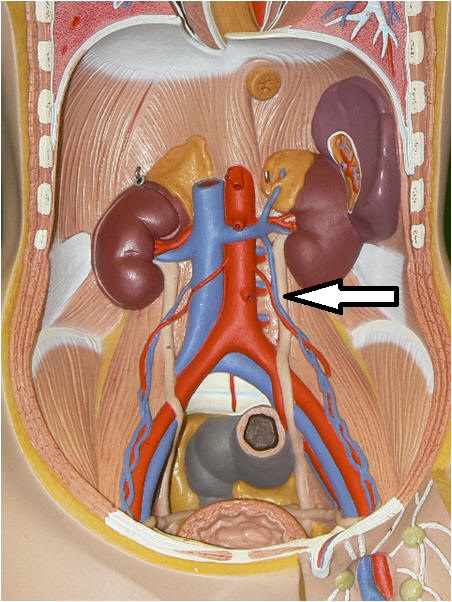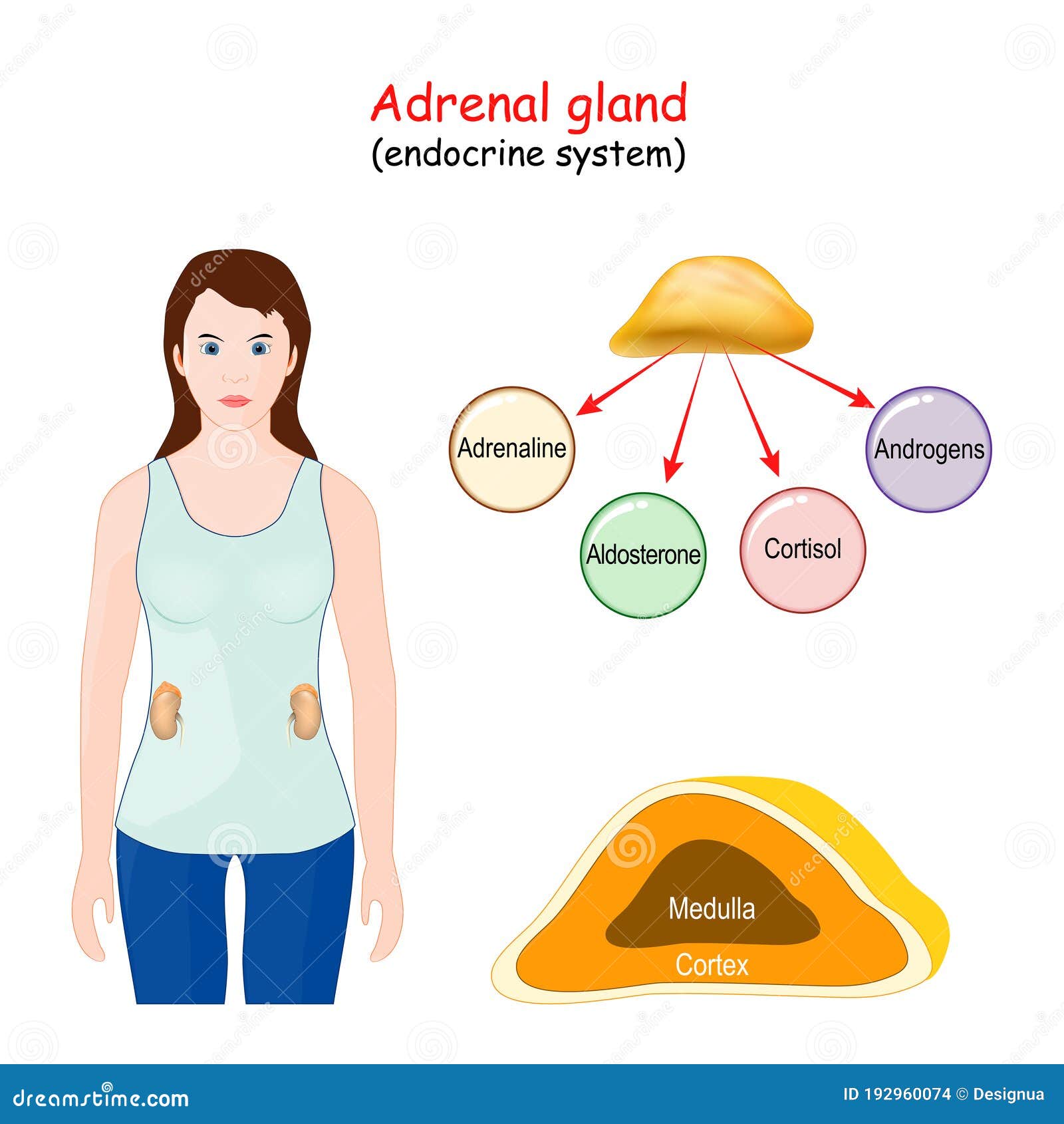
Risk factors for adrenocortical carcinoma include having the following hereditary diseases: Talk with your doctor if you think you may be at risk.

Having a risk factor does not mean that you will get cancer not having risk factors doesn’t mean that you will not get cancer. Having certain genetic conditions increases the risk of adrenocortical carcinoma.Īnything that increases your risk of getting a disease is called a risk factor. For more information, see Childhood Adrenocortical Carcinoma Treatment and Childhood Pheochromocytoma and Paraganglioma Treatment. Treatment for children, however, is different than treatment for adults.

For more information, see Pheochromocytoma and Paraganglioma.Īdrenocortical carcinoma and pheochromocytoma can occur in both adults and children. Cancer that forms in the adrenal medulla is called pheochromocytoma and is not discussed in this summary. The adrenal medulla makes hormones that help the body react to stress.

The hormones made by functioning tumors may cause certain signs or symptoms of disease. Most adrenocortical tumors are functioning. A tumor of the adrenal cortex may be functioning (makes more hormones than normal) or nonfunctioning (does not make more hormones than normal).

The outer layer of the adrenal gland is the adrenal cortex. One adrenal gland sits on top of each kidney. The adrenal glands are small and shaped like a triangle. Certain factors affect the prognosis (chance of recovery) and treatment options.Īdrenocortical carcinoma is a rare disease in which malignant (cancer) cells form in.Imaging studies and tests that examine the blood and urine are used to diagnose adrenocortical carcinoma.Symptoms of adrenocortical carcinoma include pain in the abdomen.Having certain genetic conditions increases the risk of adrenocortical carcinoma.Adrenocortical carcinoma is a rare disease in which malignant (cancer) cells form in.


 0 kommentar(er)
0 kommentar(er)
